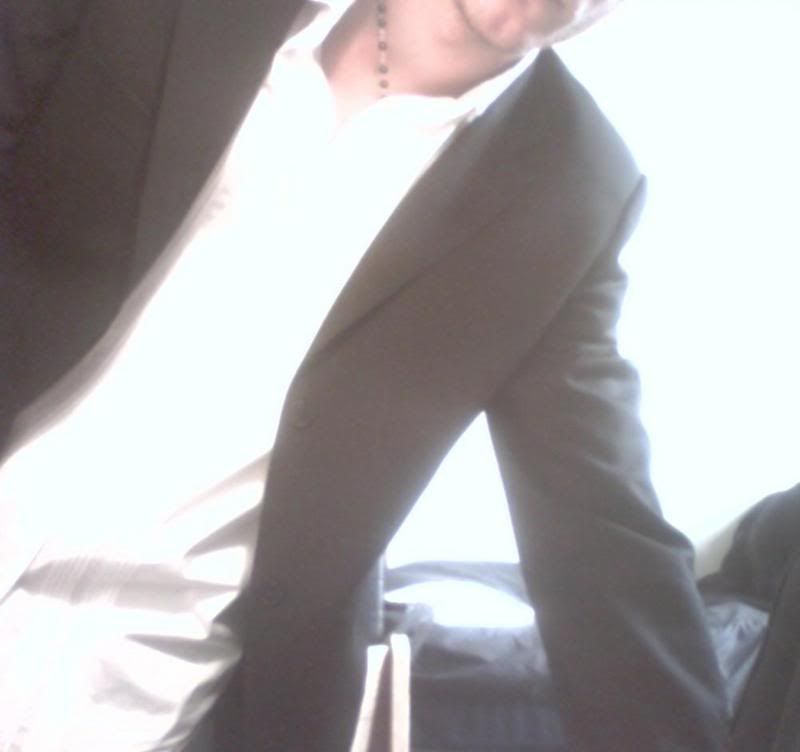In Life After God, we're asked by Coupland what unique characteristics make humans human, the defining factor that can separate us from all other animals on the rock we inhabit. I'd like to think that there is a little more to our complexity than higher intellectual ability and an opposable thumb.
If you're religious, then the abilities of good and evil instilled on man are very important, but I've found that religious debate has the ability to turn even a wayward english blog into something very dismal and disenchanting. In my ecological ethics class, the question was posed,"without man on earth, could there be ethics?"
I think that there's a resounding no to that answer. I think that man is the only being capable of not only choosing an ethical corse of actions, but endowing a situation with an moral qualification. I don't think that humanity is necessarily in our actions or our creations, because we all think, act, interact, and live--for the most part--very differently from one another. I think that what makes us unique as a species is our ability to apply a sense of worth and value beyond the egoist or utilitarian worth that is almost scientifically defined. In essence, being human is unique because we can define what it is to be human.
Friday, January 18, 2008
Subscribe to:
Post Comments (Atom)

3 comments:
Can an ability really be counted as a behavior? You say that it's our ability to use ethics that makes us unique, but certainly there are those that do not choose to use ethics or at the very least choose to ignore them. Are they then not human?
But isn't the decision to refuse an ethical code, in a sense, the acceptance of another alternative one? In that way our humanity depends not on our selection of "goodness" but in our ability to choose.
That's really more what I was aiming at. We have the ability to choose our own ethical code, even if we achieve the self-imposed title of being "beyond good and evil"--being beyond the moral codes and ethics of humanity--it is the being in relation to the ethics that makes us human. We choose our own ethics, but--at the end of the day--that choice is what makes us human, not the question of right and wrong, or the answer we get, but the fact that we choose to answer in our own way, and not in a way that is necessarily "natural" or "universal" to humanity.
Post a Comment